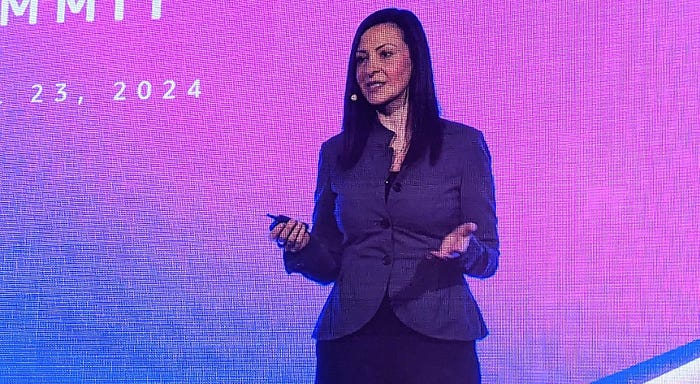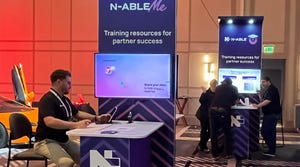Cloud Computing News & Updates
Welcome to our Cloud News & Updates page, designed for channel partners, advisors and tech vendors. Stay informed on the latest trends, services, and innovations in cloud technology. Explore breaking news, cloud market analysis and expert insights to empower your business and better serve your clients in the dynamic cloud computing landscape.
KnowBe4 buys integration partner Egress
Mergers & Acquisitions
KnowBe4 Acquiring Integration Partner EgressKnowBe4 Acquiring Integration Partner Egress
KnowBe4 is gaining cloud email security in the acquisition.








































